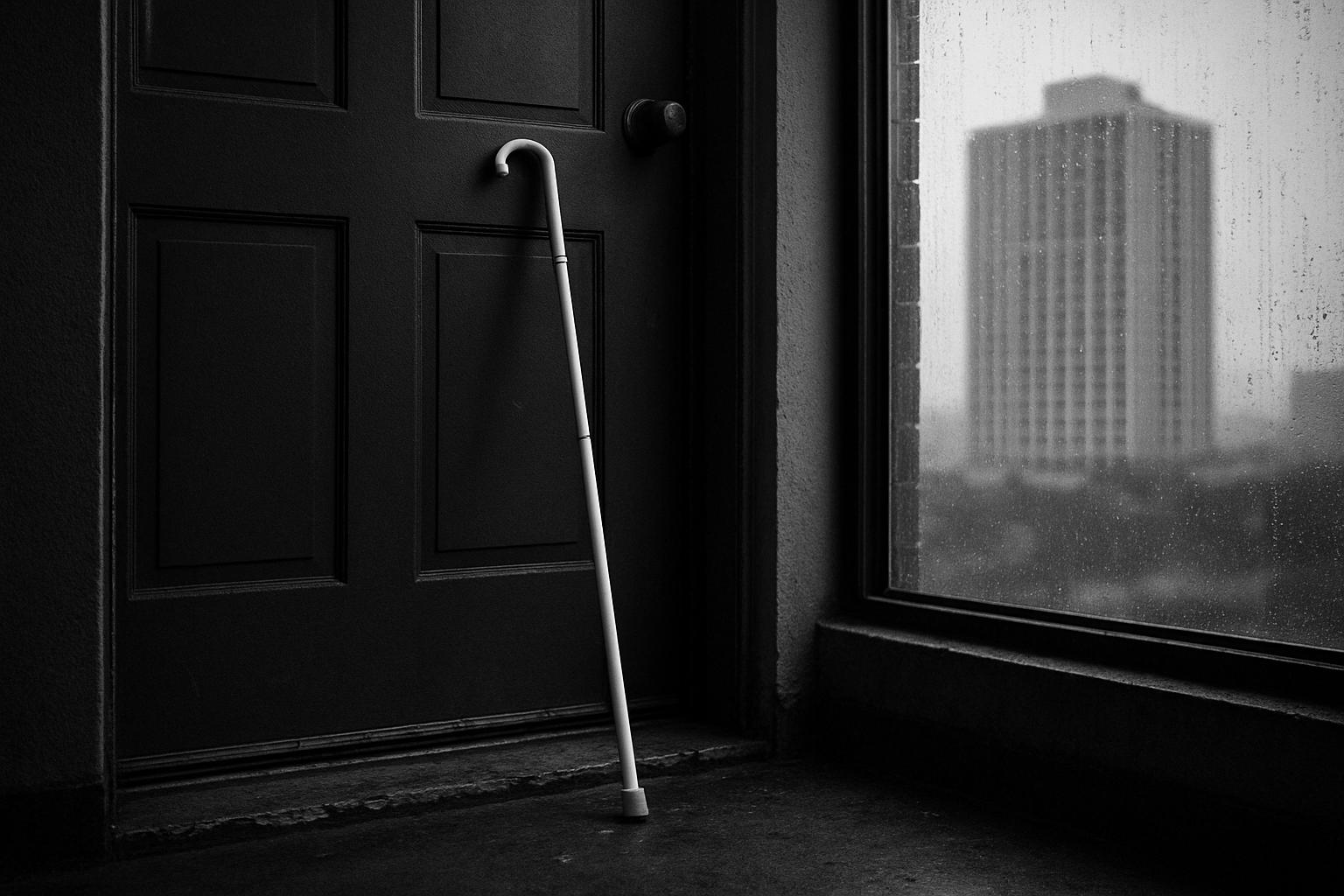A blind woman near Canary Wharf was left “terrified” after a man forced his way into her home on the evening of Wednesday 13 August, her family say, in an episode that has sharpened tensions around a nearby hotel being used to house asylum seekers. Cherelle Augustus, who spoke to the Daily Mail, said her sister — who has serious health problems and is blind — was at home with a child when “this lunatic bursts in”, adding that the occupants feared for their lives. According to the original report, family members described the sister as traumatised and shaken by the incident.
Police say the circumstances are “complex”. The Metropolitan Police has told reporters that the man entered through an open door after being followed by a group in the street and, after an initial review, has not been arrested because the force’s enquiries so far “have not identified any offences.” Officers say they are reviewing body‑worn footage and other video as part of their investigation. Family members, however, have accused officers of simply returning the man to the nearby hotel without questioning him — an account that sits uneasily alongside the force’s statement and which highlights the conflicting perceptions of policing on the ground.
In a linked strand of activity that night the Met says a 22‑year‑old woman was arrested on suspicion of a number of offences, including common assault, affray, possession of an offensive weapon, possession of a Class B drug and assault on an emergency worker. The force also used a dispersal power in the area and detained two other people for alleged breaches of that order, as officers try to restore order amid competing gatherings around the hotel.
The incident occurred yards from the Britannia International Hotel in Marsh Wall, which Tower Hamlets Council says the government intends to use for temporary asylum accommodation. The hotel has been a focal point for public anger and for counter‑demonstrations in recent weeks, and the original report notes video footage showing groups of new arrivals being brought to the site in coaches and ushered hurriedly into the lobby at dawn — images that have fuelled anxiety locally.
The Britannia has repeatedly drawn rival street gatherings. Journalists and broadcasters on the scene described crowds of anti‑migrant protesters met by counter‑demonstrators, with police forming containment lines and, at times, detaining people from both sides. LBC reported that a mothers’ “pink” protest was disrupted by masked men who let off flares and chanted, and the Met confirmed officers intervened after flares were set off, with at least one arrest on suspicion of assaulting an emergency worker.
Beyond the immediate policing challenge, the hotel’s conversion has produced knock‑on effects across the local neighbourhood. A Canary Wharf residential management company temporarily banned food‑delivery riders after citing resident security concerns linked to the heightened tensions around the site — a measure the delivery platforms deny was connected to undocumented workers but say reflects residents’ anxieties and media coverage of the protests.
Those local disturbances sit against a wider national backdrop of sustained Channel crossings that has stretched accommodation capacity and intensified political debate. Official Home Office figures cited by broadcasters show more than 50,000 people have crossed the Channel in small boats since the current prime minister took office, with one day in August seeing hundreds of arrivals. Separately, national reporting has highlighted an especially dangerous episode when Border Force recovered an inflatable carrying more than a hundred people — a single‑craft record reported in national newspapers — underscoring the operational strain on border and reception systems.
The combination of large numbers arriving and the need to find temporary housing has fed political controversy. Broadcasters and local officials say councils and the Home Office have been moving people into hotels as an interim measure, prompting protests over the absence of local consultation and concerns about security, welfare and the practicalities of hosting large groups in residential precincts. Government pilot measures and bilateral arrangements with France were described by ministers as partial responses, but critics maintain those steps fall short of a durable solution to smuggling networks and the housing pressures that follow arrivals.
For the family of the woman who was frightened in her own home, the immediate demand is for clarity and reassurance. The Metropolitan Police says its investigation remains ongoing while it reviews footage and other evidence; local residents and campaigners are calling for better communication about placements and stronger safeguards for vulnerable neighbours. The episode underlines how national migration challenges can quickly become acute local flashpoints — and how, as officials and campaigners argue across different forums, finding balance between public safety, compassion and law enforcement remains politically and practically contested.
📌 Reference Map:
##Reference Map:
- Paragraph 1 – [1]
- Paragraph 2 – [2], [1]
- Paragraph 3 – [2], [1]
- Paragraph 4 – [1], [3]
- Paragraph 5 – [3], [5]
- Paragraph 6 – [4]
- Paragraph 7 – [6], [7], [1]
- Paragraph 8 – [3], [6]
- Paragraph 9 – [1], [2], [4], [3]
Source: Noah Wire Services
